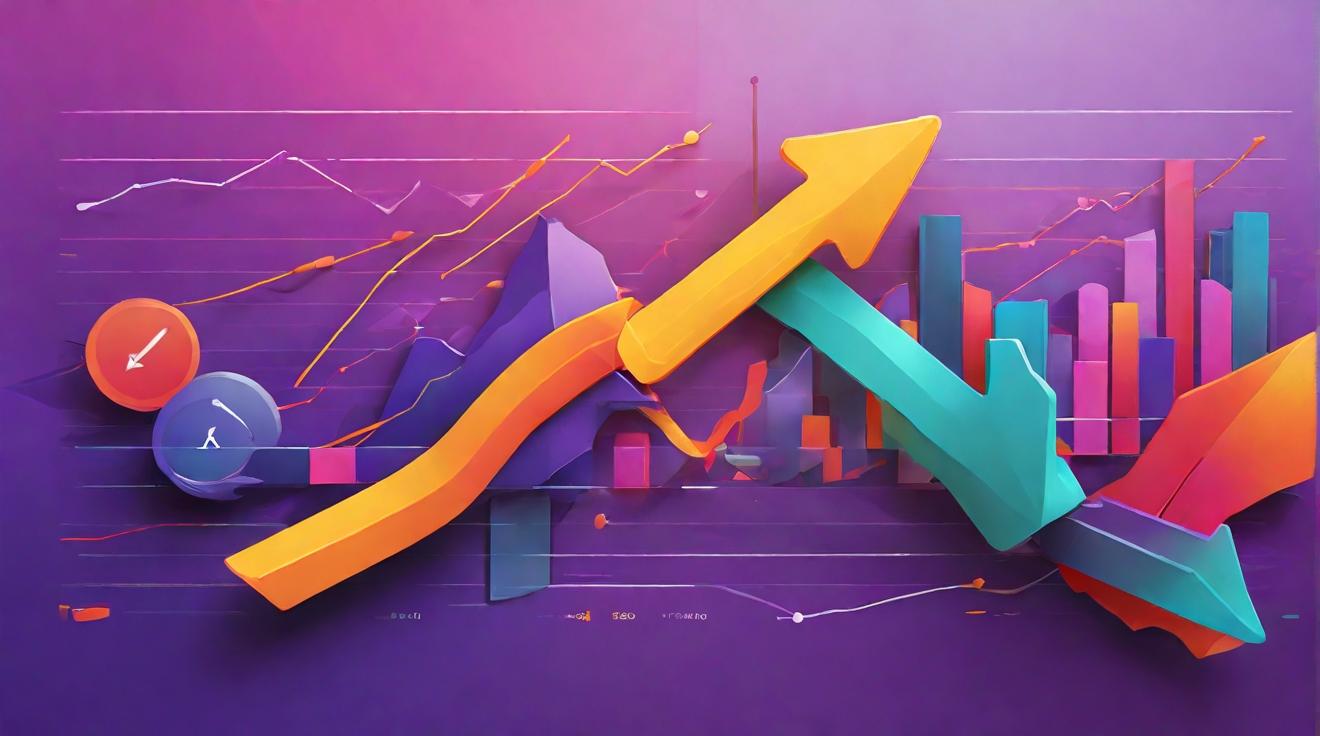South Koreans Turn to U.S. Stocks for Better Returns
South Korean retail investors are increasingly putting their money into U.S. stocks, a trend that shows no sign of slowing down. This move is largely influenced by the less promising investment options available at home and the allure of the global AI trend. Notably, they are focusing on tech giants like Nvidia, Tesla, and Apple.
The Appeal of U.S. Stocks
Investors such as Sunny Noh, who has allocated about 85% of his assets to Tesla, see dips in the market as chances to buy stocks at lower prices. The dissatisfaction with the "Korea discount," which relates to lower returns and valuations in the local market, pushes investors away. In South Korea, dividend payouts have averaged only 26% over the last ten years. In comparison, investors in Taiwan and the U.S. have enjoyed 55% and 42% returns, respectively.
Domestic Market Challenges
The term "Korea discount" also refers to the undervaluation of domestic stocks, despite the presence of major companies like Samsung Electronics. This year, Samsung's share price has fallen by 4%, while Nvidia's has skyrocketed by 120%. Such disparities make U.S. stocks much more appealing.
Investment Trends and Statistics
Between January and July, South Korean retail investors, often called "ants", bought $9 billion in U.S. stocks after previously selling $2.8 billion in 2023. At the same time, they sold a record 16.3 trillion won worth of domestic stocks, contributing to a 1.3% drop in the KOSPI index. While foreign interest in Korean stocks increased slightly, retail investors still dominated daily trading activities.
Government Measures and Challenges
Despite government efforts to enhance domestic stock valuations through the "Corporate Value-up Programme" and potential tax breaks, these initiatives face skepticism. The intricate corporate governance in South Korea, dominated by "Chaebol" conglomerates, poses significant hurdles to these reforms.
High-Profile Endorsements and Future Prospects
Endorsements from influential figures like Elon Musk, who praised South Koreans as "smart people," underline this investment trend. Tesla remains the most popular U.S. stock among South Korean investors at $13.6 billion, with Nvidia and Apple following closely.
Retail investor Oh Jeong-min, who endured a 10% loss during market fluctuations, plans to continue investing in U.S. stocks, citing superior dividend returns and shareholder benefits. The consensus is clear: with an aging population seeking better returns, the inclination towards U.S. investments is likely to grow.
A Growing Influence
Seungyeon Kim, CEO at Toss Securities, highlighted that South Koreans now invest more in U.S. stocks than their Japanese counterparts. Investor Oh summed it up by saying, "There's no doubt that as an investor, you should choose the U.S. market if you think long-term."













